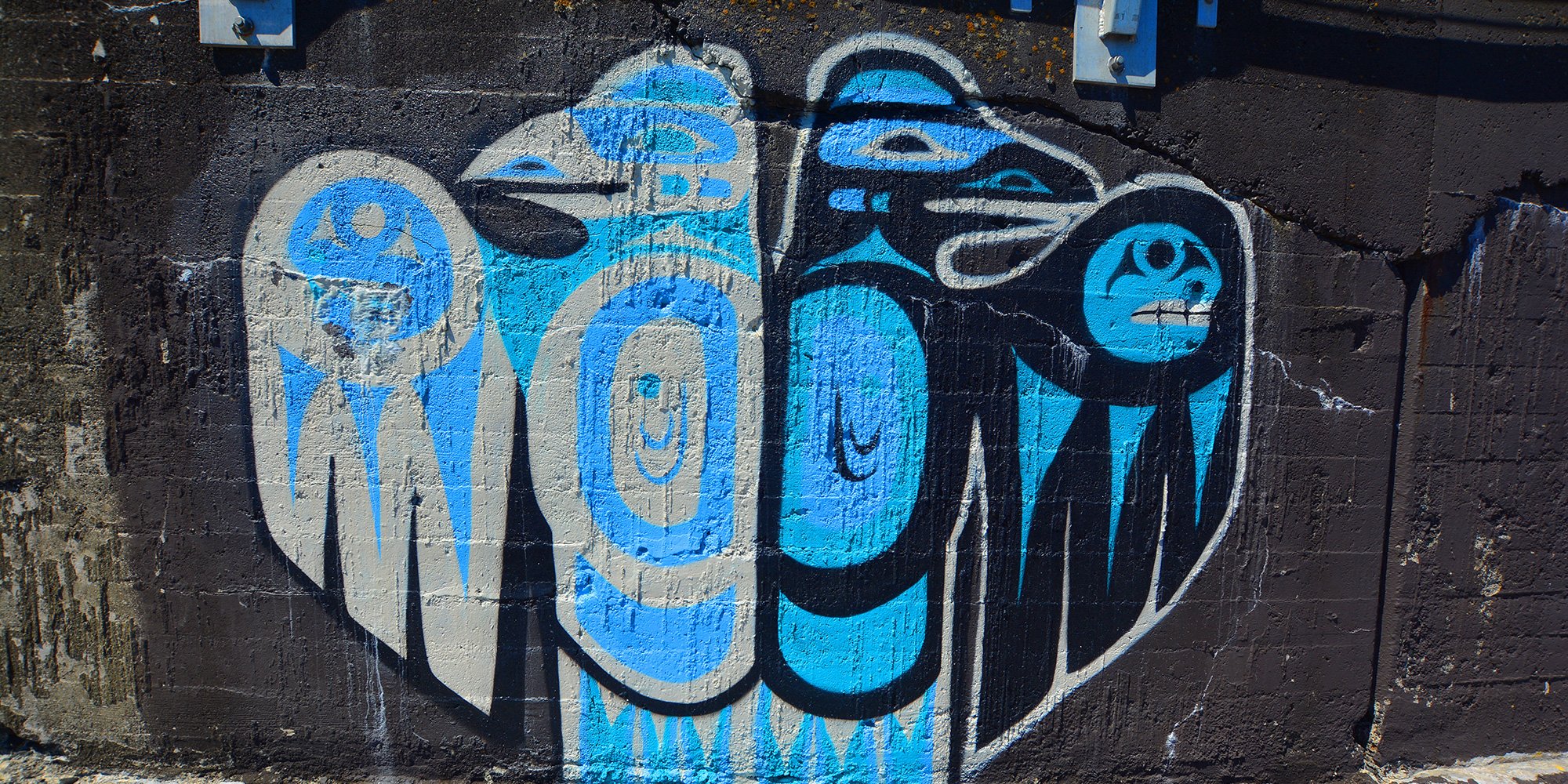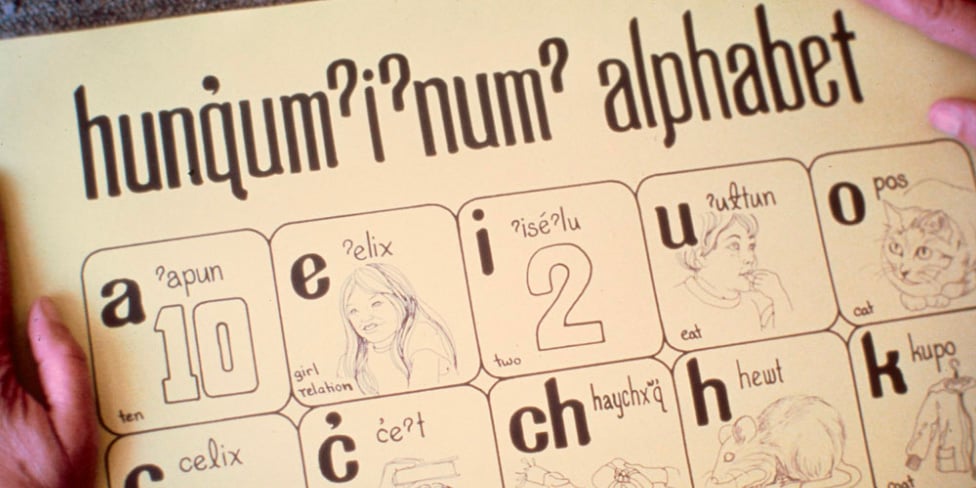Why Is It Important to Protect & Revitalize Indigenous Languages?
Of the most spoken languages in the world, English is third after Mandarin Chinese and Spanish. But English is the most commonly spoken second...

Decolonization
Decolonization once viewed as the formal process of handing over the instruments of government, is now recognized as a long-term process involving the bureaucratic, cultural, linguistic and psychological divesting of colonial power [1]
Indigenization
Make indigenous; subject to native influence [2]
Ever since the release in 2015 of the Truth and Reconciliation Commission’s summary report on residential schools, there has been an awakening on the part of non-Indigenous Canadians to the harsh realities of the Indigenous experience in Canada. The Commission’s 94 Calls-to-Action (CTAs) have ignited organizations and institutions to examine their operations and identify ways to answer and implement applicable CTAs. These actions and initiatives often lead to discussions in a broader context about decolonization and indigenization. But, what do those terms mean? This article provides a very basic explanation of a very complex topic.
Decolonization is about shifting the way Indigenous Peoples view themselves and the way non-Indigenous people view Indigenous Peoples. Indigenous Peoples are reclaiming the family, community, culture, language, history and traditions that were taken from them under the federal government policies designed for assimilation. Some communities are reclaiming control via self-government agreements, treaties, or other negotiated agreements. It’s about revealing, renewal and rediscovery.
Decolonization requires non-Indigenous Canadians to recognize and accept the reality of Canada’s colonial history, accept how that history paralyzed Indigenous Peoples, and how it continues to subjugate Indigenous Peoples. Decolonization requires non-Indigenous individuals, governments, institutions and organizations to create the space and support for Indigenous Peoples to reclaim all that was taken from them.
Indigenization requires non-Indigenous people to be aware of Indigenous worldviews and to respect that those worldviews are equal to other views. Indigenization is about incorporating Indigenous worldviews, knowledge and perspectives into the education system, right from primary grades to universities.
It must be acknowledged that there is not a homogenous Indigenous worldview and that each Indigenous nation or community will have their own worldview. There may be similarities and common points but it is a frequently made assumption that they are all the same. Therefore, when an organization, say a school district, makes a commitment to indigenize their curriculum they need to consult with the Indigenous community on whose land the schools stand for input on how to incorporate their knowledge and ways of doing it into the curriculum.
Both decolonization and indigenization require the cooperation of Indigenous and non-Indigenous people, governments, organizations and institutions. We hope this basic explanation provides some food for thought and will inspire you to learn more about decolonization and indigenization.
[1] Linda Tuhiwai Smith 2012
[2] Oxford Canadian Dictionary
Featured photo: Shutterstock

Of the most spoken languages in the world, English is third after Mandarin Chinese and Spanish. But English is the most commonly spoken second...

Sacred smoke created from burning medicinal or sacred plants is an aspect of many cultures and religions the world over. In North America, it is a...

The Seventh Generation Principle is based on an ancient Haudenosaunee (Iroquois)* philosophy that the decisions we make today should result in a...